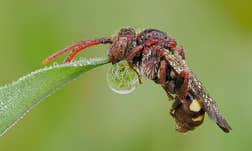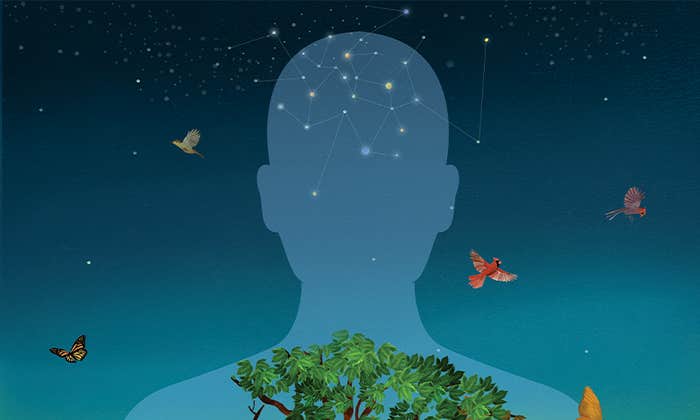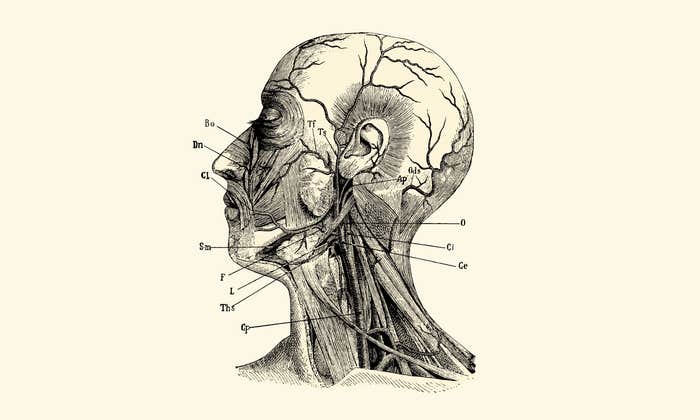Ebola doesn’t select people. We haven’t figured out what Ebola virus selects as its natural host, but it’s definitely not humans. Every once in a while, Ebola stumbles upon a human host, which ends up being a fatal mistake. When I say fatal, I mean for the virus. After all, Ebola is usually not highly efficient at sustaining infection or transmitting from human to human, and eventually that chain of transmission turns into a dead end. Every Ebola outbreak has ended, even the 2014-2015 West African epidemic.
When a pathogen jumps from its natural host to an incidental host, it’s called spillover, which probably happens more than we realize. Each outbreak of Ebola started in this manner—Ebola virus slipping from its natural host, moving directly or eventually into a human. According to studies done in Gabon, Sierra Leone, and Liberia, numerous people have been exposed to Ebola virus without an outbreak occurring. These are probably isolated spillover events, with limited secondary transmission.

The circumstances that favor Ebola spillover to humans aren’t necessarily the same ones that drive full-scale epidemics, and it’s important to understand this distinction. Natural selection is the process by which the environment dictates what will thrive. Normally, a human population is not a hospitable environment for Ebola virus. But when we have dysfunctional healthcare systems, we convert a dead-end spillover event into a large outbreak—we select Ebola. It’s no coincidence that the largest Ebola outbreaks occurred in countries with weak governments recovering from brutal civil unrest, with poor education systems and inadequate healthcare infrastructures. Ebola virus finds succor in environments where hepatitis B is uncontrolled and cholera regularly sweeps through. It’s the environments where healthcare systems lag behind rapidly growing urban populations, where road networks carry natural resources out of remote areas but medical supplies cannot find their way in, and where everyone with a fever is told they have “malaria/typhoid” because there are no laboratory facilities to tell them otherwise. It’s these human environments that select Ebola.
Ebola also thrives in an environment of caring and caretaking—where people nurse those who are sick, either from love or duty or both. After entire families have been wiped out, after Ebola makes its way down a street, attacking one house and then the next, people eventually figure out how to stop the spread. They finally learn that they cannot care for those they love. And herein lies the greatest tragedy of Ebola.
There’s a lot of speculation about what dampens and ultimately ends an Ebola outbreak. When a spillover turns into an epidemic turns into a trickle of cases, credit goes to the highly technical international response of laboratories and treatment units, skilled local surveillance and monitoring teams, and even the increasing numbers of survivors that cannot be re-infected. What is often missing from the discussion is how communities adapted to this new threat. How they altered their environment through the use of improvised protective equipment and self- or locally-imposed quarantine. We can all learn from this resilience and resourcefulness. It is this local adaption and memory that we will depend upon, if we as a global community fail to build up the failing healthcare systems that favor Ebola.
Lina Moses is a disease ecologist at Tulane University.


























